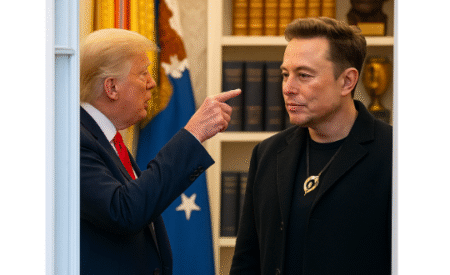In a recent move to bolster Taiwan’s defense capabilities, the United States has approved a significant $2 billion arms sale to the island nation. This transaction, primarily aimed at strengthening Taiwan’s missile defense systems, highlights escalating geopolitical concerns in the region, especially in light of the strained relations between the U.S. and China.

Strengthening Taiwan’s Missile Defense
The arms package consists of advanced missile systems and supporting equipment that will enhance Taiwan’s ability to counter aerial threats. Officials in Washington state that this sale is intended to help Taiwan protect its airspace more effectively, aligning with America’s commitment to supporting Taiwan’s self-defense. The advanced systems in the package are designed to address multiple types of threats, offering Taiwan a robust means to reinforce its security in increasingly tense surroundings.
Beijing, however, has expressed serious objections to the sale, viewing it as interference in its domestic affairs. China’s foreign ministry has consistently opposed U.S. arms sales to Taiwan, asserting that such actions encourage separatist activities on the island and threaten regional stability. The U.S., however, continues to maintain that its support for Taiwan is in accordance with the Taiwan Relations Act, allowing it to provide the self-governing island with defense tools for its security.
Geopolitical Implications of the Sale
The timing of the arms deal is significant as it comes amid a period of heightened military activities around Taiwan by China. Increased Chinese military exercises and frequent aircraft sorties into Taiwan’s air defense identification zone (ADIZ) have underscored the delicate balance of power in the region. This latest arms package signals Washington’s ongoing commitment to Taiwan’s defense, reinforcing its stance against any unilateral moves to alter the status quo.
Also Read : Essential Tools for Real Estate Answering Services, Accounting Software, and Postcards in 2024Experts observe that such deals not only enhance Taiwan’s defense capabilities but also serve as a clear signal to Beijing regarding U.S. interests in the region. By providing advanced weapons to Taiwan, the U.S. reinforces its strategy of supporting allies and maintaining stability in the Indo-Pacific amid shifting alliances and regional power struggles.
U.S.-China Relations and Future Defense Strategy
The arms deal, while defensive in nature, has potential repercussions for U.S.-China relations. Analysts warn that continued arms sales may provoke stronger responses from Beijing, further straining diplomatic efforts and increasing the risk of misunderstandings. The Biden administration, however, asserts that it will continue supporting Taiwan’s defense needs, emphasizing that peace and stability in the Taiwan Strait are crucial for the broader Indo-Pacific region.
With this latest arms approval, Taiwan gains enhanced missile defense capabilities that align with the U.S.’s broader strategy of maintaining regional stability. As both nations prepare for potential future collaborations, the global community remains watchful of the evolving dynamics between the U.S., Taiwan, and China.
- How to Stay Healthy During Flu Essential Tips for Every Family
- Satyapal Malik Death on 5 Aug 2025: Political Legacy That Shaped Indian Public Life
- Growing Legionnaires’ Disease Outbreak in NYC’s Harlem Claims Two Lives, Sickens Over 58
- Non-Alcoholic Drink Beer: fresh Alternative with a Unique Appeal
- Meet the Harley-Davidson X440: The Ultimate Desi Roadster
- OnePlus Pad 3: The Android Tablet That Wants Your Laptop’s Job













